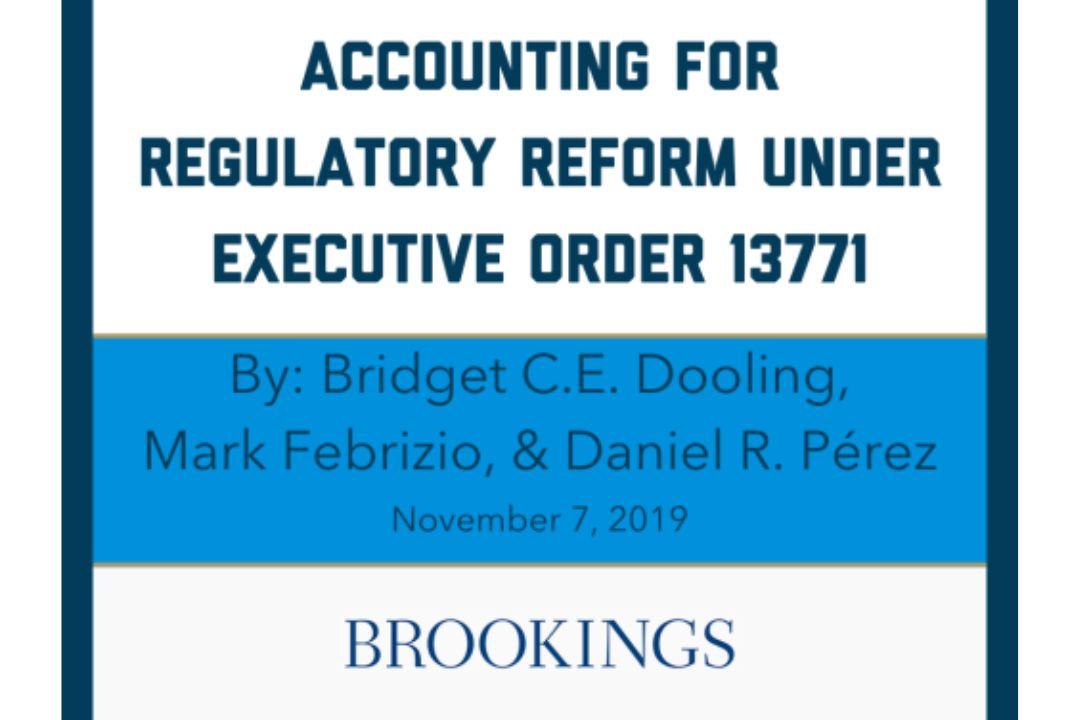Bureaucracy & Democracy: Accountability & Performance
In this book, we focus on bureaucratic accountability and performance. We aim to lay out just how bureaucracy is accountable, as well as to whom, under what circumstances, and with what results. In presenting these issues, we draw on insights from four prominent social scientific theories—bounded rationality, principal-agent theory, interest group mobilization, and network theory.




















